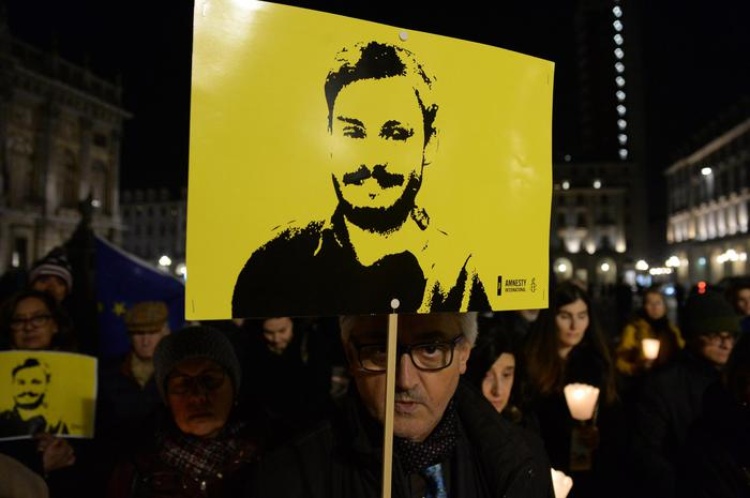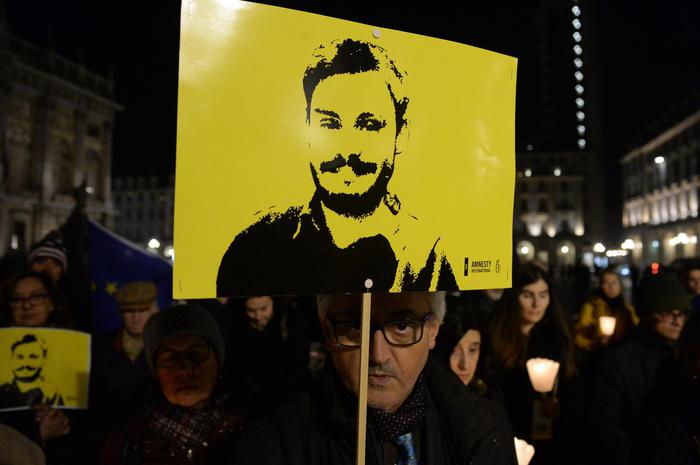His comments came after a high court ruling to let it proceed without the foursome being informed they are on trial in absentia.
Tajani said he had told the authorities of the Constitutional Court’s recent ruling that the contact details and legal abodes of the four are not needed in order to tell them about the Rome trial.
“The criminal trial will continue in the search for truth and justice”, he said.
On September 27 the top Italian court ended the stalemate on the trial in absentia in Italy of the four for torturing to death the 28-year-old Friuli-born Cambridge University doctoral researcher in Cairo in early 2016.
The court ruled that the trial could proceed even though the officers have not been informed of the proceedings against them, as Cairo has refused to cooperate on the case.
Regeni, a researcher into Cairo street seller unions, was tortured to death in Egypt between January 25 and February 3 2016.
His work on Egyptian trade unions was politically sensitive and his body was so badly mutilated his mother only recognised him by the tip of his nose.
A Rome judge had asked the Constitutional Court to rule on whether the trial could proceed without the presence of the four Egyptian security agents who have been charged in Italy with his murder and without any proof that they know they are on trial.
The Egyptian authorities have not cooperated with Italian efforts to formally notify the suspects that they are on trial, which had prevented proceedings moving forward.
Efforts to notify the four officers - National Security General Tariq Sabir and his subordinates, Colonels Athar Kamel Mohamed Ibrahim and Uhsam Helmi, and Major Magdi Ibrahim Abdelal Sharif - have been unsuccessful and Egypt has not cooperated by handing over their contact details and legal abodes.
Regeni’s family said after the court ruling that they had been right to push for proceedings to go forward and that the judicial stalemate had been “repugnant”.
“We were right. It was repugnant to the common sense of justice that the trial for the kidnapping, torture and murder of Giulio could not be held because of the obstructionism of the el-Sisi dictatorship on whose behalf the four defendants committed these terrible crimes,” stated the Regeni family through their lawyer, Alessandra Ballerini.
“In fact, as preliminary hearings judge Roberto Ranazzi wrote in his order, ‘there is no more unjust trial than the one that cannot be established by the will of a government authority’.
“We had to resist against this dictatorial will for seven and a half years while always trusting in the constitutional principles of our democracy.
“We thank all the people who have supported and will support our path towards truth and justice: the Rome Public Prosecutor’s Office and in particular prosecutor Sergio Colaiocco, the media coverage and support, and all the ‘yellow people’ (campaigners for Justice for Giulio).”
The trial is expected to start again next year with a preliminary hearings judge slated to rule before the end of this year.
ANSA











